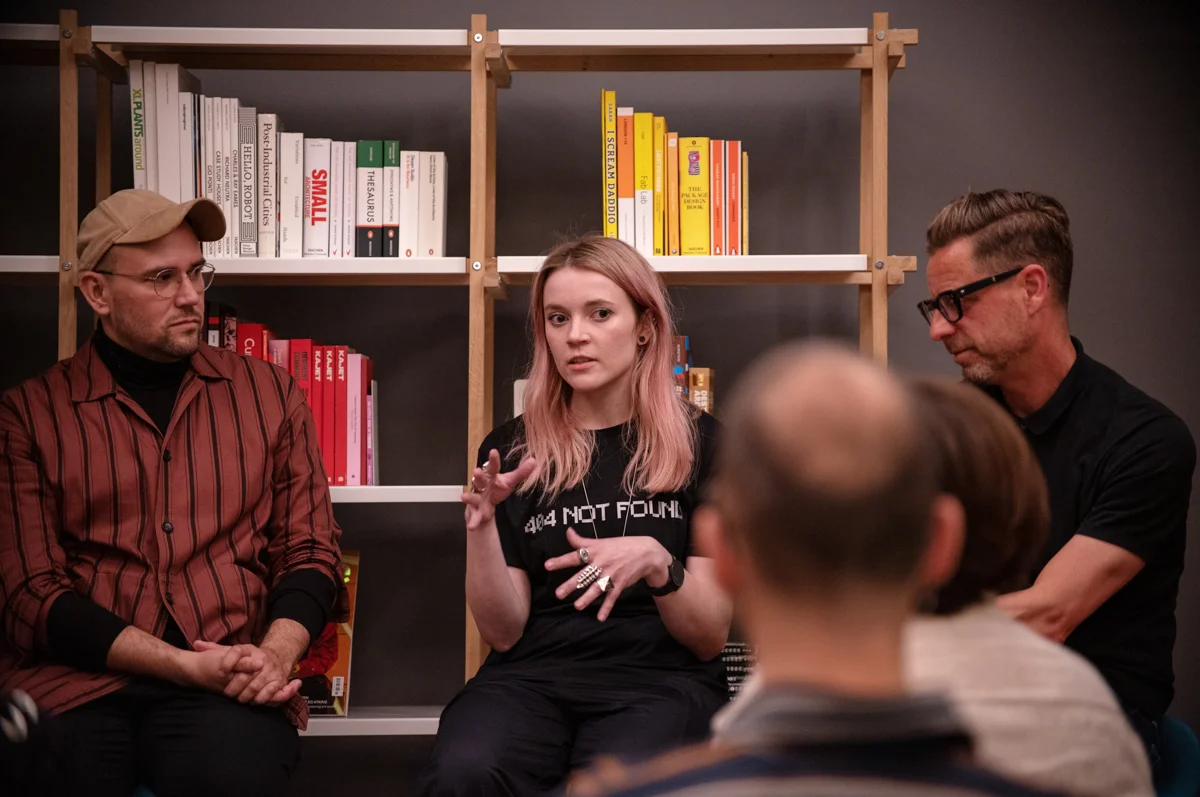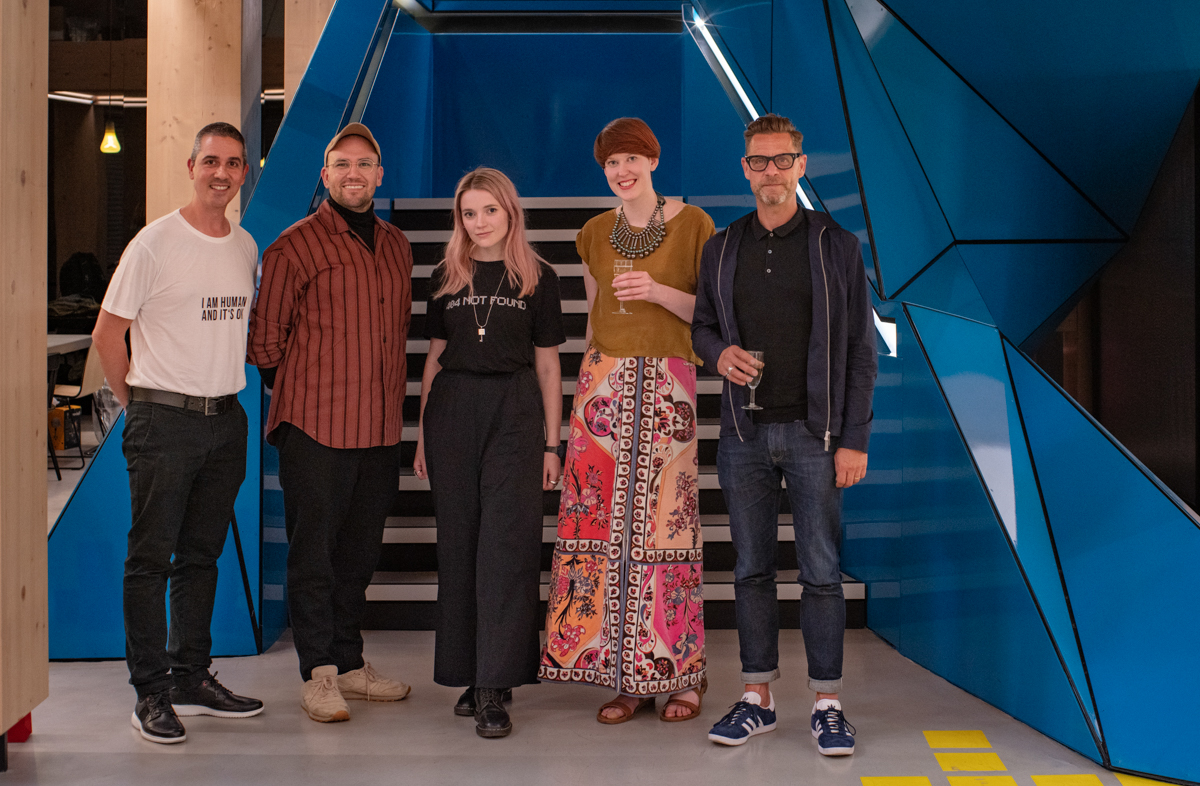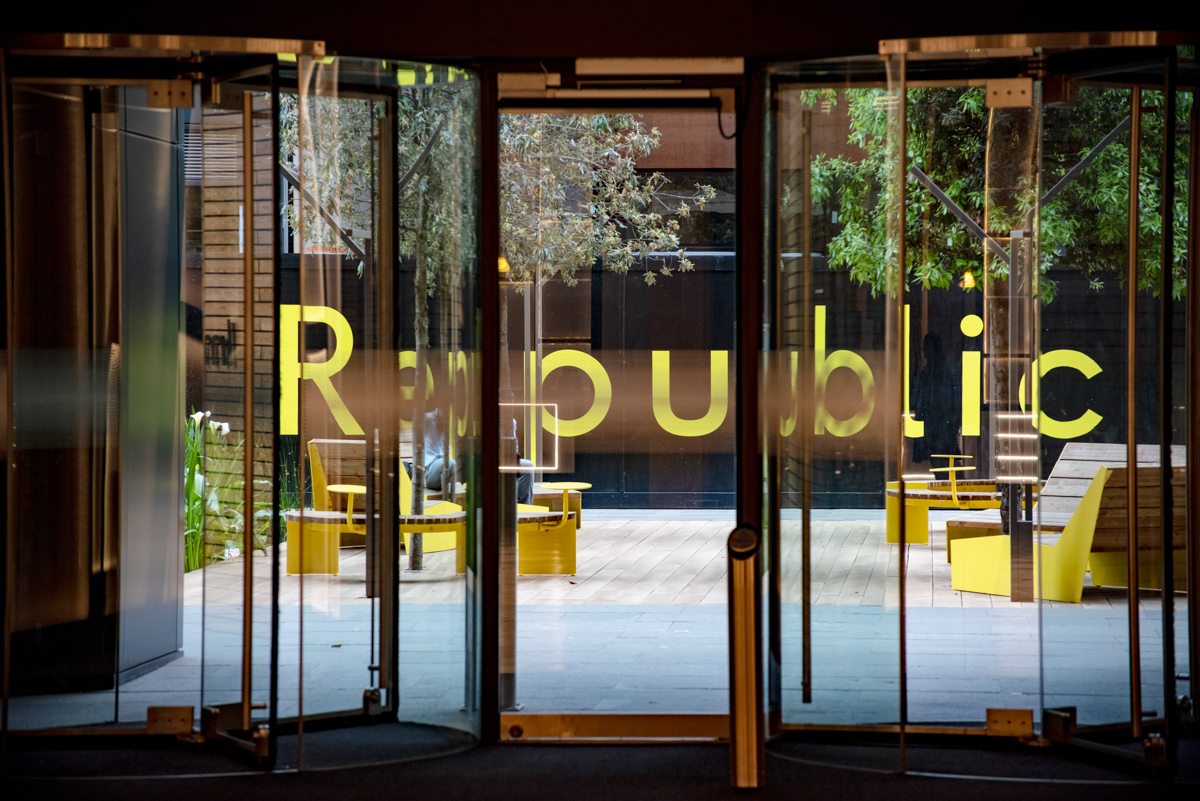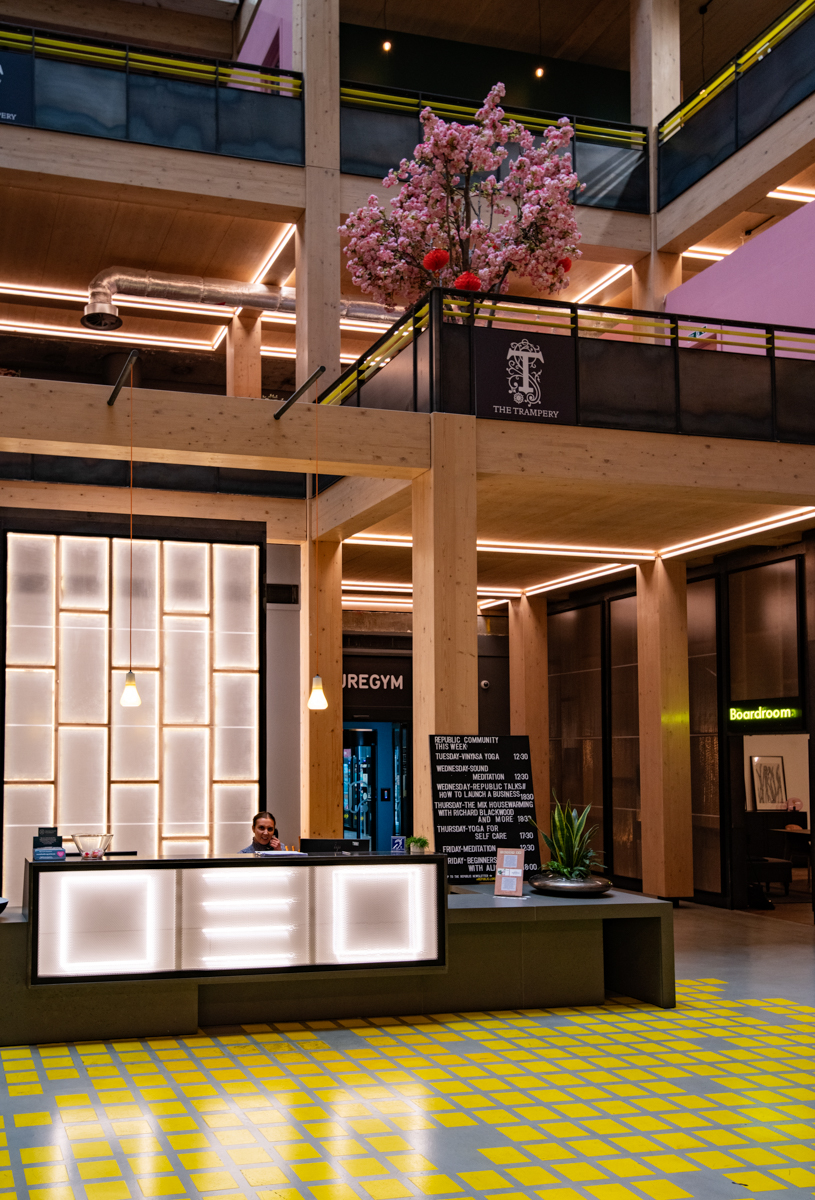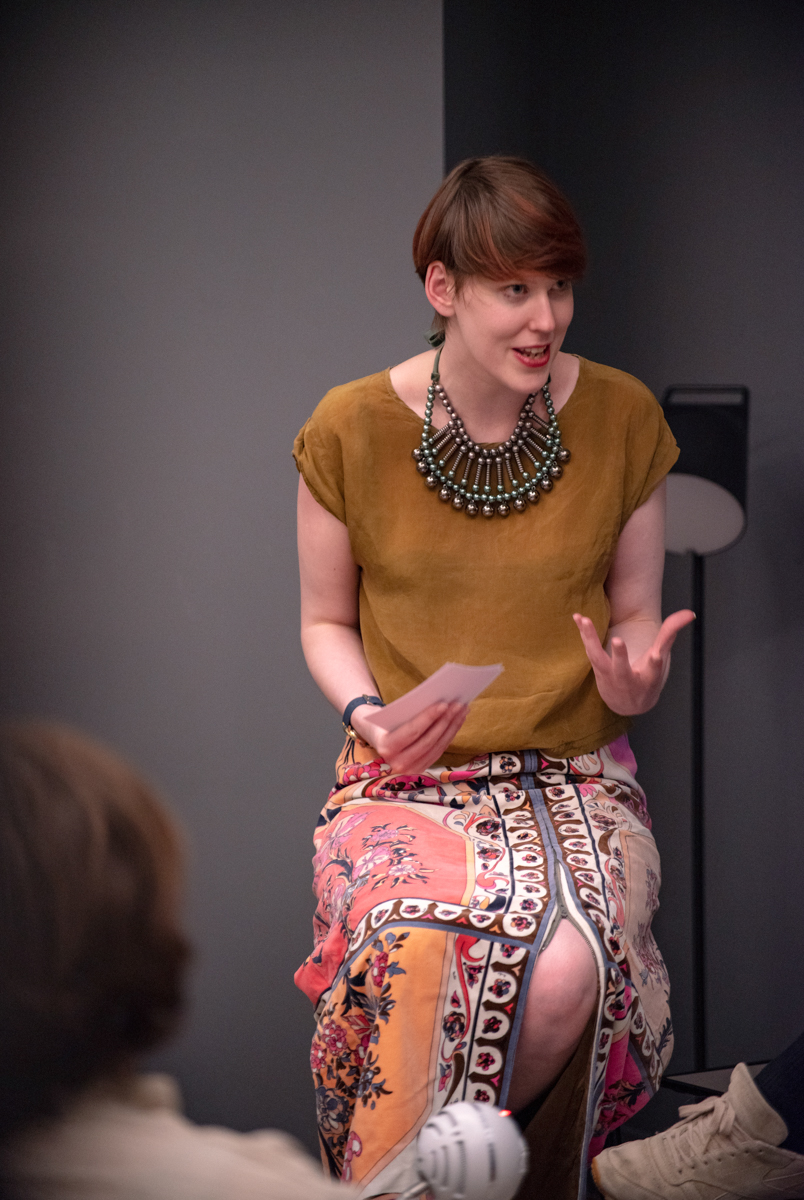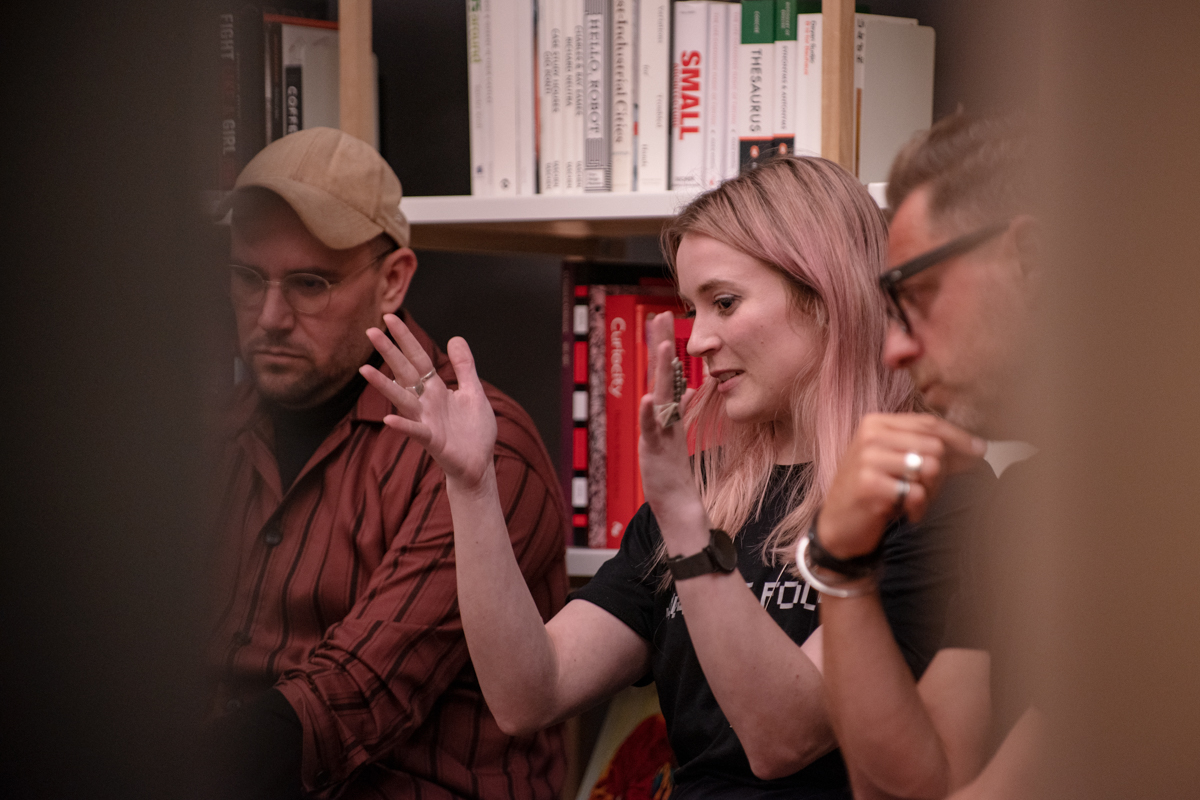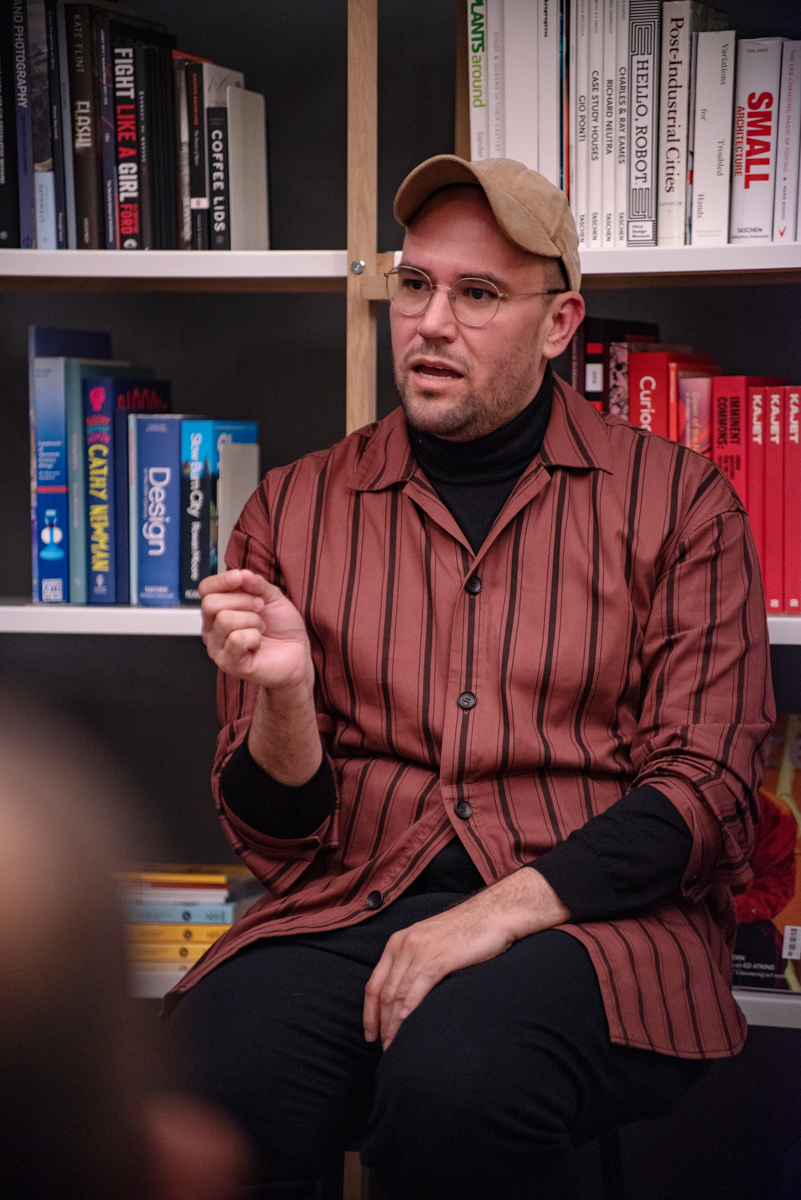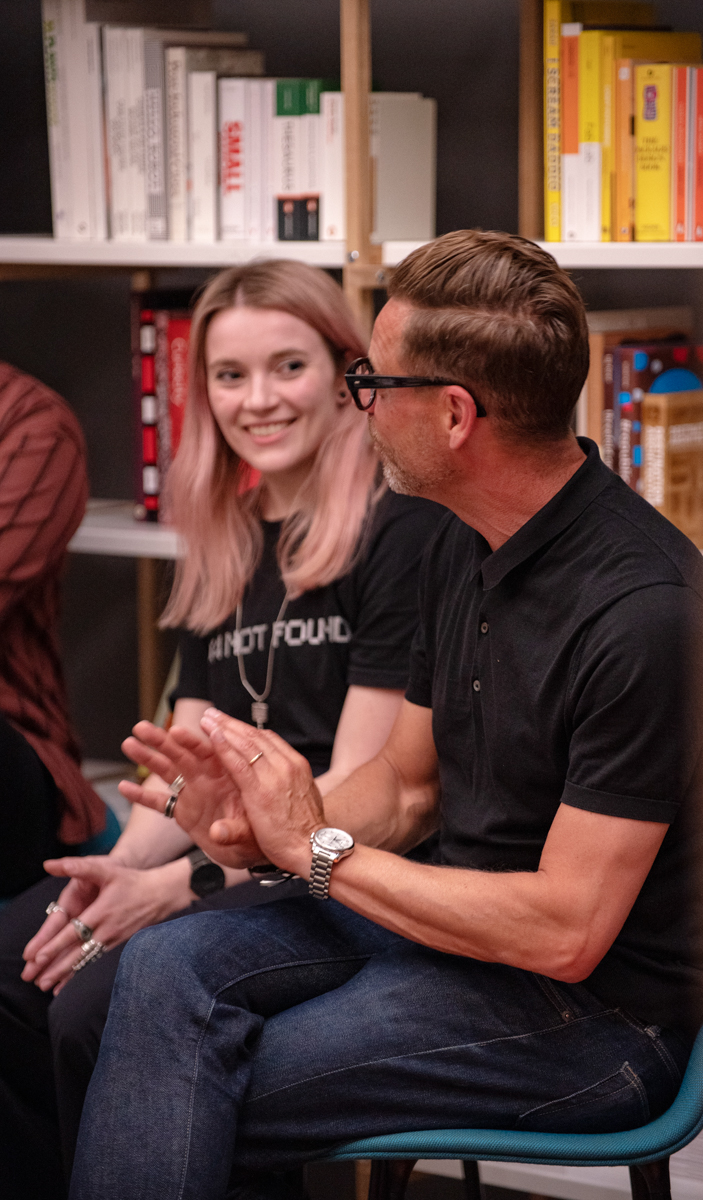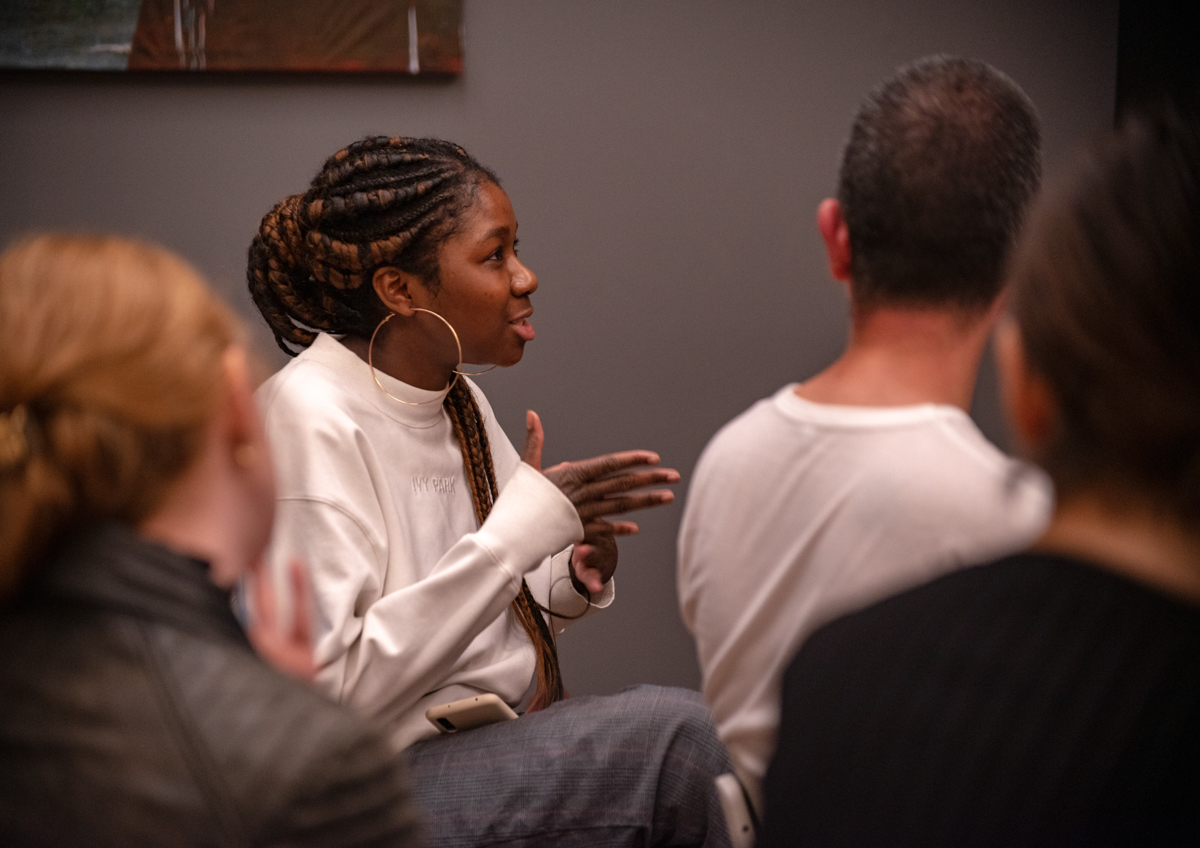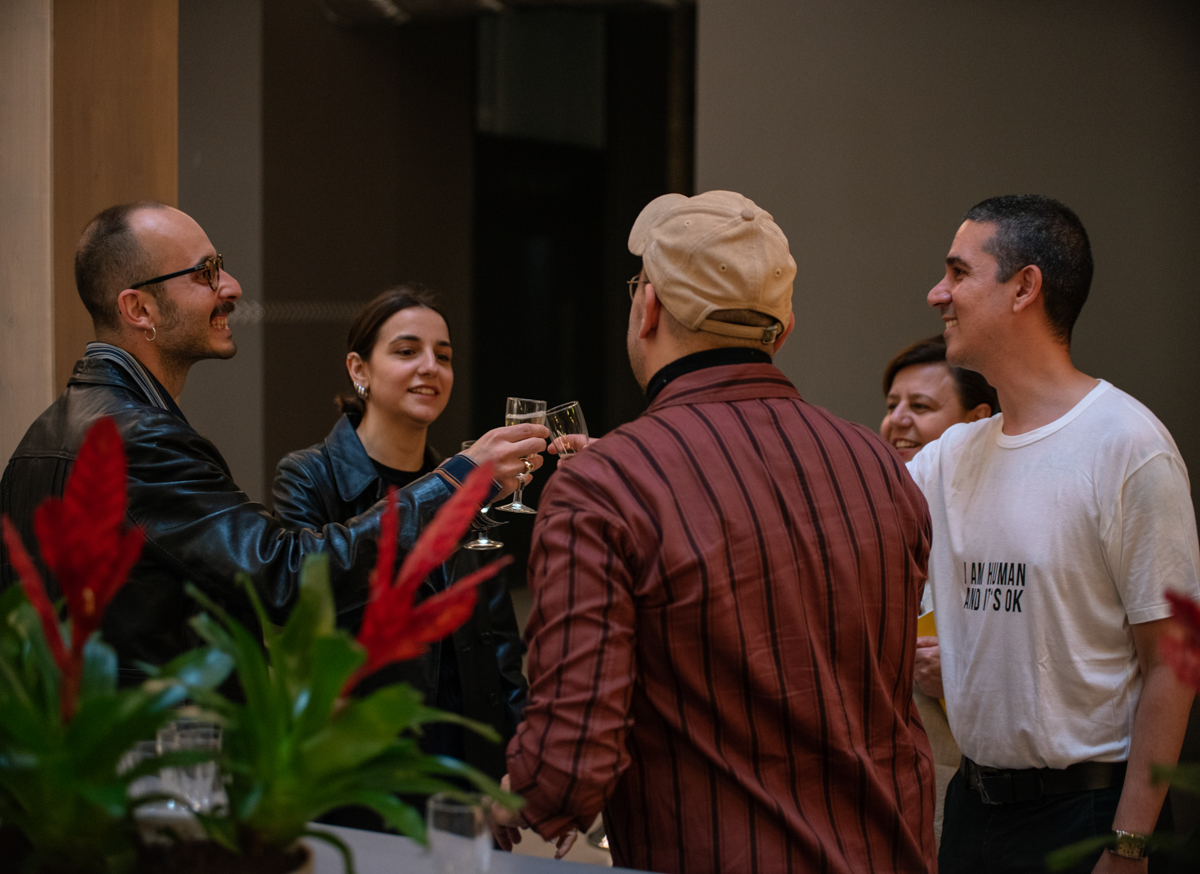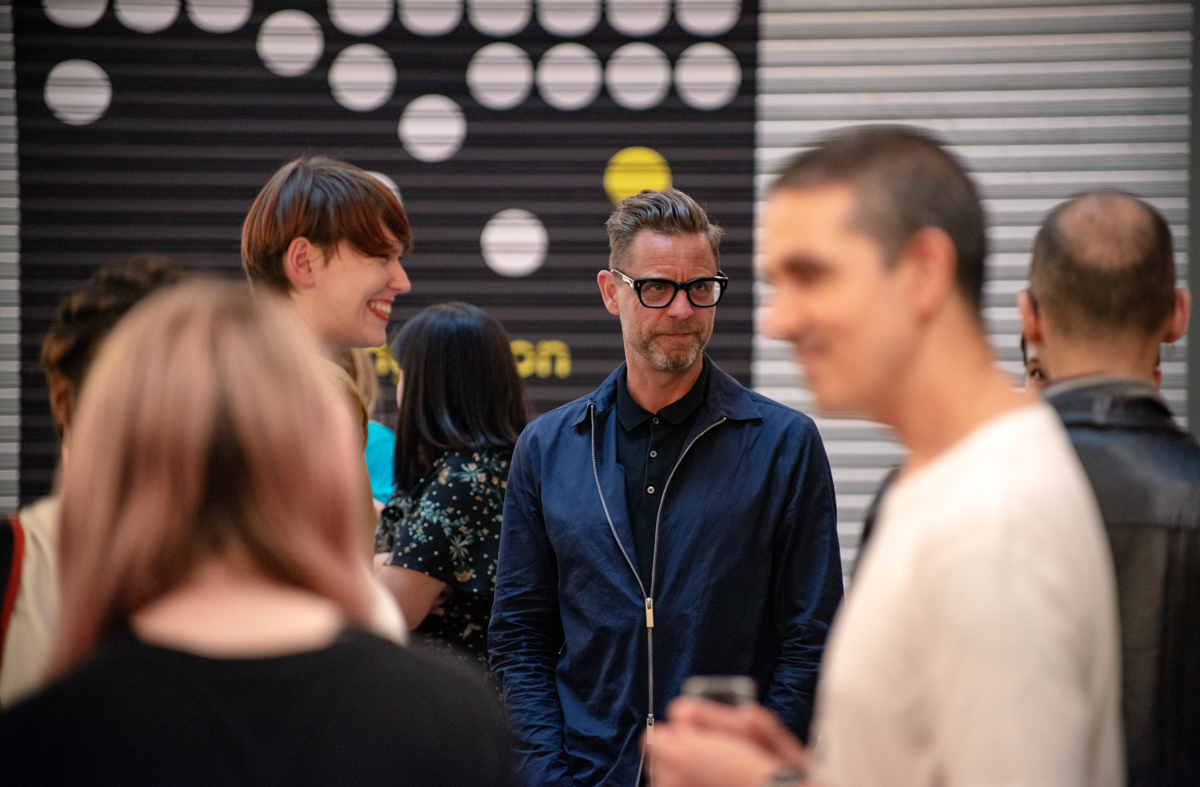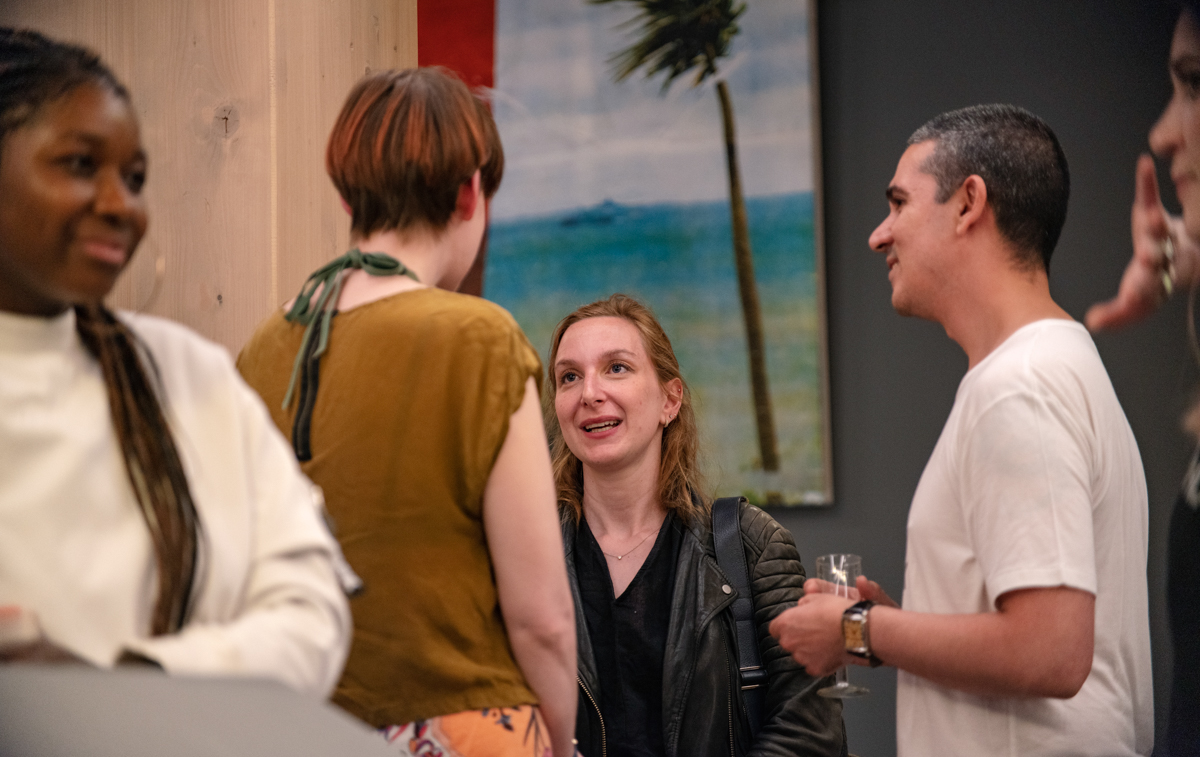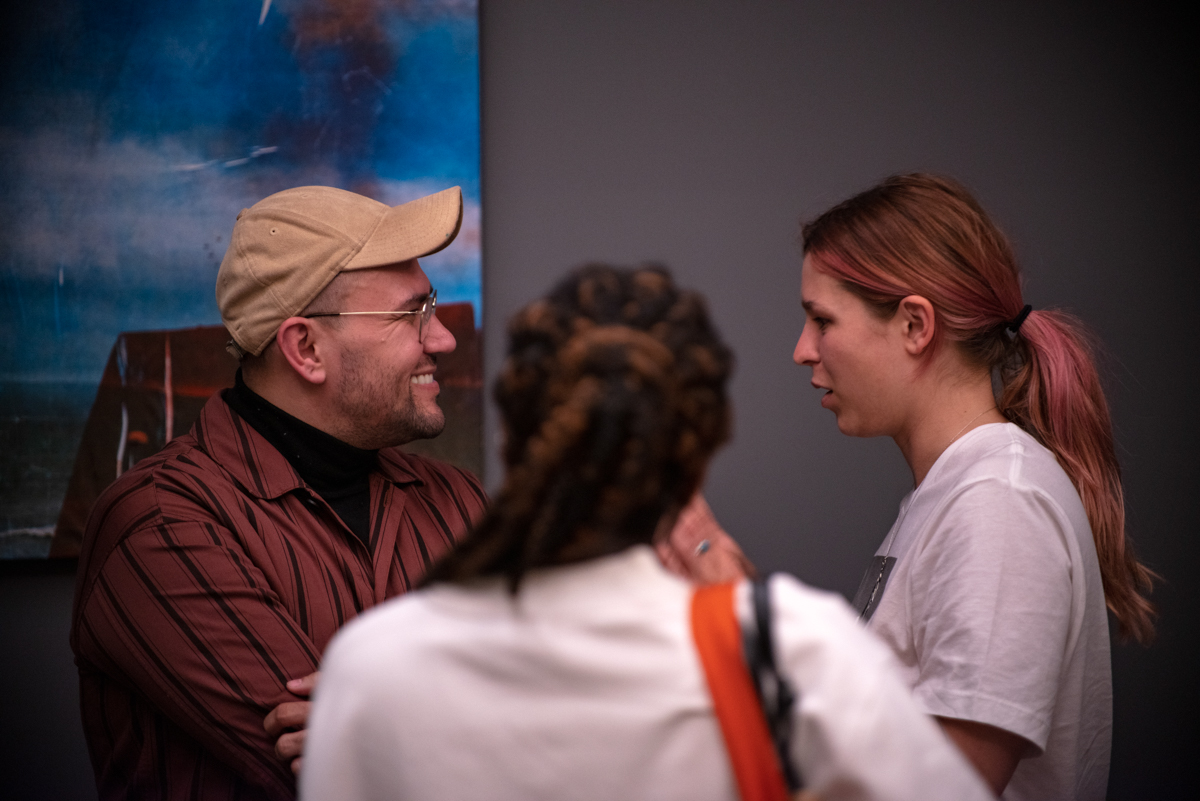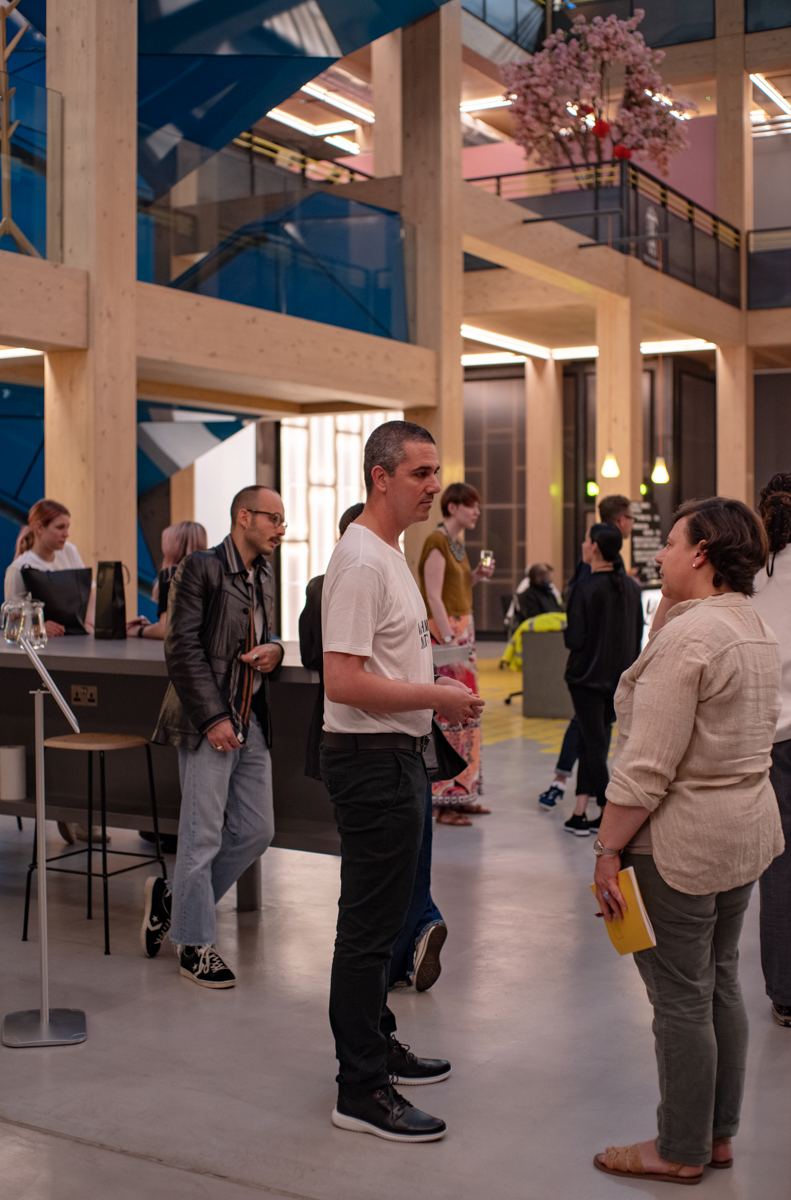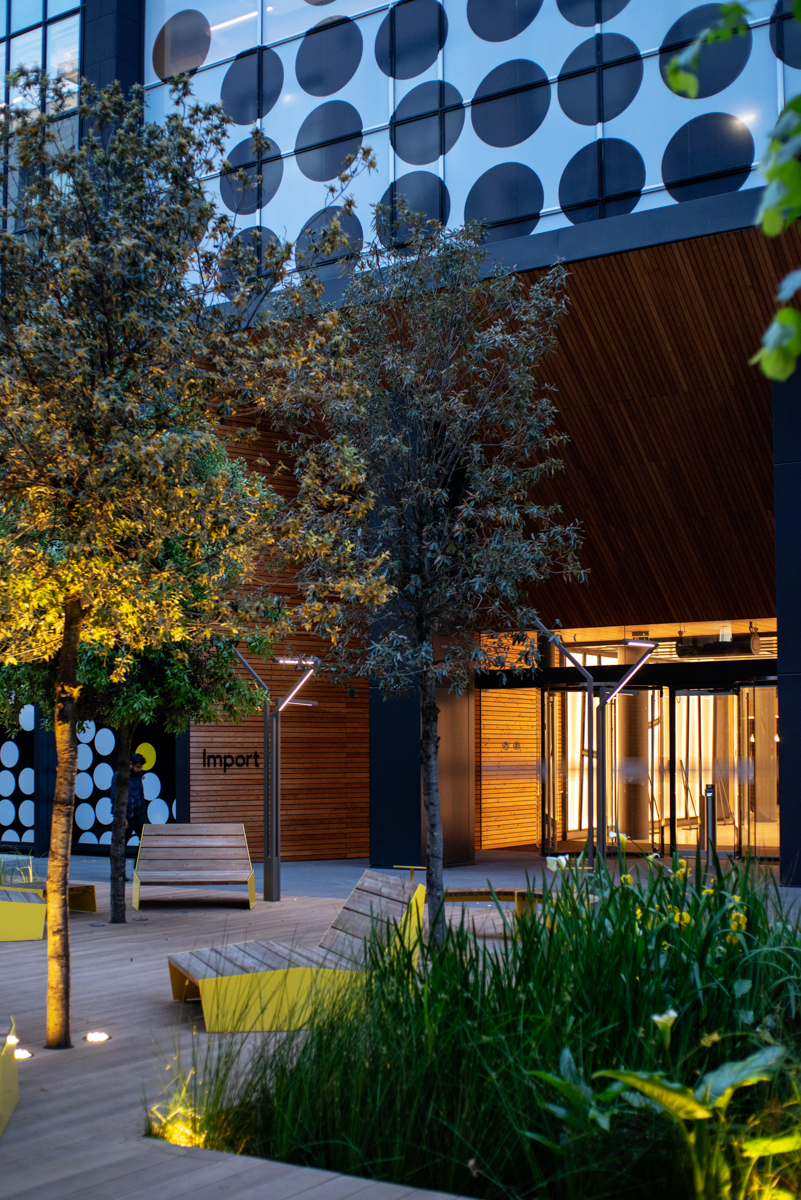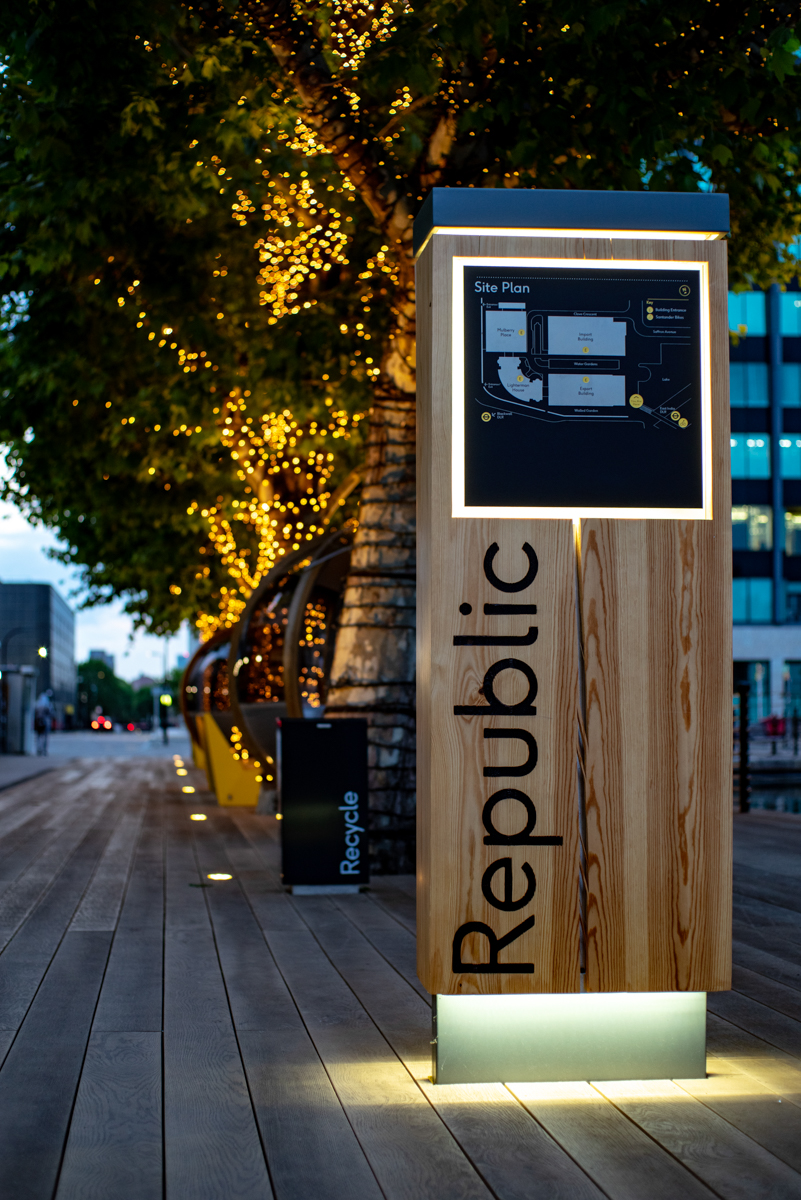Last Sunday, Sandy Abdelrahman from Skaped invited me to take part in their Me & My Community Programme to talk to young photographers about turning ideas into photography projects and empower them to explore the issues that they care about the most. Skaped is an organisation that raises awareness of human rights issues and challenges as a way to inspire young people to become actively engaged in social and political matters around the world, as well as at their doorstep.
When Sandy first contacted me about running this workshop with Skaped, I couldn’t help but think about Maya Angelou’s poem Our Grandmothers where she says: “When you learn, teach. When you get, give.” To me, there is nothing more fulfilling than to share what you have learnt along the way with others. It’s my way of paying forward all the kind support that I have received since I moved to London to become a photographer.
You climb, and then you lift others. That is the only way our industry gets stronger, and that is also the way in which you help people to grow and empower them to make our communities better. Working with those very talented young photographers made me think about me at their age. They are so hungry for change, they are so aware of the issues affecting their communities, and they want to do something about them.
What was I doing in my early twenties? Not trying to change the world, I can tell you that. I wonder, what would have happened if an opportunity like this one had been offered to me back then. To take part in workshops exploring human rights in my community through photography. Would I have taken part in them even if they were for free? Probably not. They say ‘when the student is ready, the teacher will come”.
I wasn’t ready. I lived a comfortable life, oblivious to the issues affecting my community, my country or the world. And my surrounding never encouraged me because we all had very superfluous priorities. But, it is never too late to take action. Even if it took me twenty years to get here, I am now more ready than ever.
I thank Skaped for asking me to be part of one of their outstanding projects, and I applaud all of the young people who take part in them. I wish that one day, I get to be half as aware and engaged as you are.
Photo credits: behind the scenes shot by Skaped.
Do you like what you just read? Subscribe to my weekly blog posts here!






